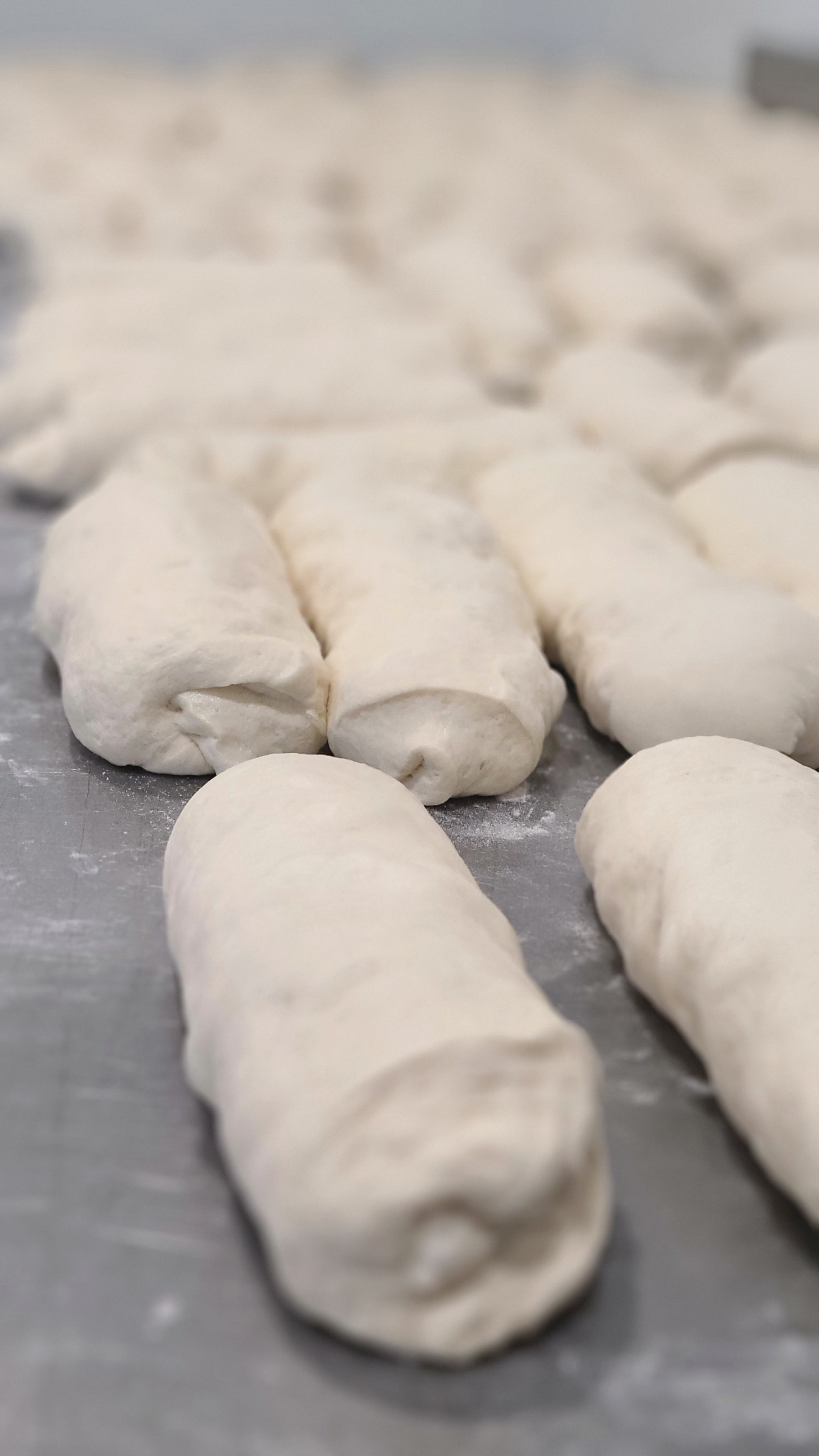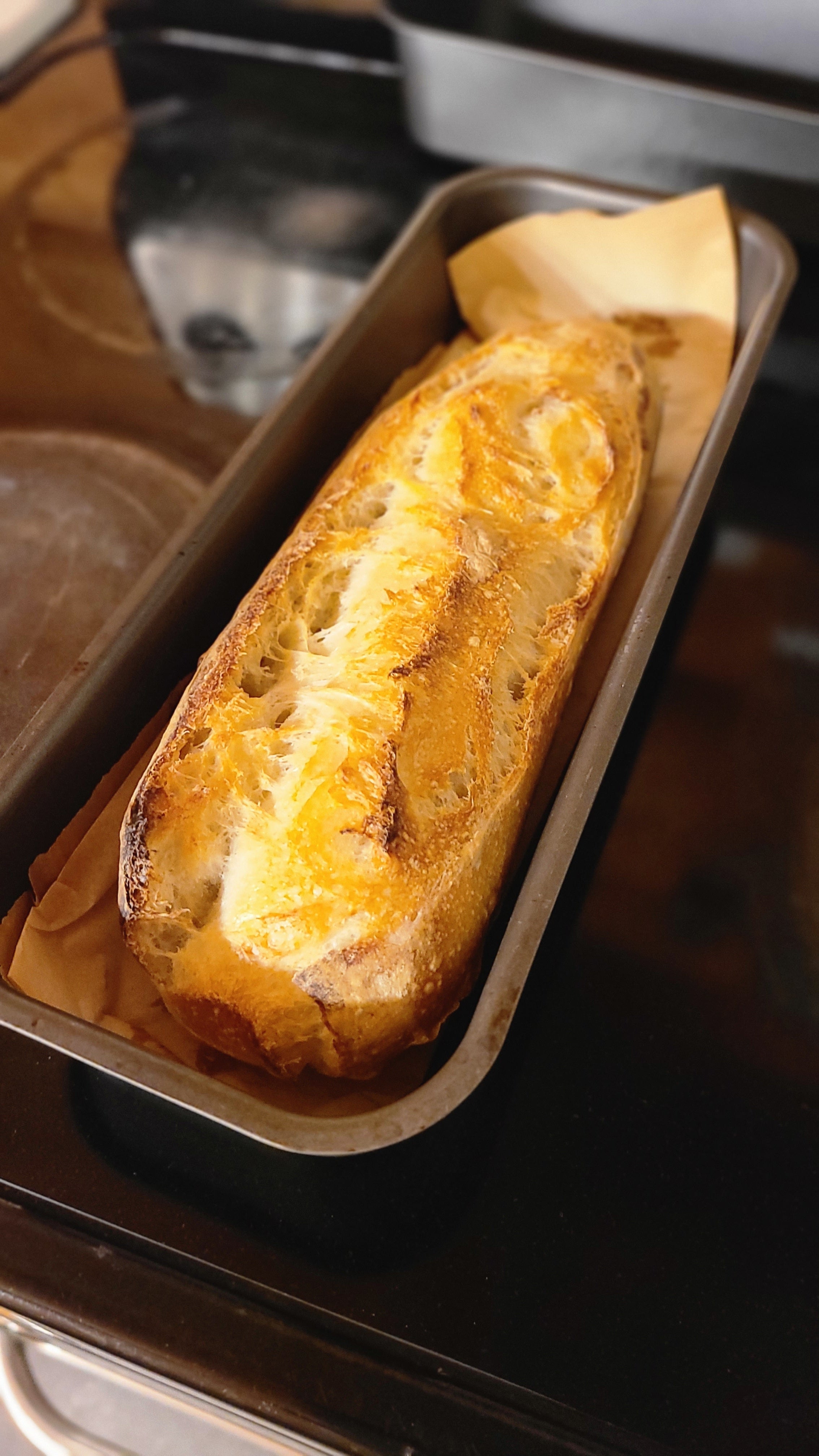French bread holds a special place in the hearts and taste buds of bread lovers worldwide. Renowned for its crusty exterior, tender crumb, and unmatched flavor, French bread is often hailed as the pinnacle of bread craftsmanship. In this article, we will delve into the reasons why French bread is considered the best in the world, with a particular focus on traditional methods, including the use of sourdough and slow fermentation, as well as the exceptional quality of grains employed in its creation.
Traditional Methods: Sourdough and Slow Fermentation
At the heart of French bread's exceptional taste and texture lies its traditional baking methods. Sourdough, a natural leavening agent made from fermented flour and water, plays a central role in French bread-making. This ancient technique imparts unique flavors, enhances the bread's digestibility, and promotes a longer shelf life without the need for artificial preservatives. Coupled with slow fermentation, where dough is allowed to rise at a gradual pace, French bakers achieve optimal flavor development and a distinctive, complex aroma.
The Iconic Baguette Tradition
The baguette, the epitome of French bread, symbolizes the mastery and artistry of French bakers. With its slender shape, golden crust, and airy crumb, the baguette tradition captivates bread enthusiasts around the world. Made with simple ingredients – flour, water, salt, and yeast or sourdough – the baguette tradition requires skill and precision to achieve its iconic characteristics. The crust, crisp and crackling, contrasts perfectly with the soft and light interior, creating a harmonious symphony of textures and flavors.
Exploring Bread Varieties: A Glimpse of French Bread Diversity
French bread encompasses a rich assortment of varieties, each celebrated for its unique qualities. Alongside the beloved baguette tradition, bread enthusiasts can savor the baguette multigrain, a hearty combination of grains and seeds that adds depth and nutritional value to the classic baguette. The pain viennois, a cousin to the baguette, offers a softer crumb and slightly sweet taste, making it an ideal choice for breakfast or tea time. With countless regional specialties like the brioche, ficelle, and fougasse, French bread truly caters to a wide array of preferences and occasions.
The Quality of Grains: A Commitment to Excellence
French bakers emphasize the use of high-quality grains, ensuring their bread boasts exceptional taste and nutritional value. Whether it's the revered T65 flour, known for its ideal protein content and gluten strength, or specialty flours like rye or whole wheat, every grain is carefully selected to bring out the best in French bread. The unique terroir of different regions in France contributes to the distinctive flavors and characteristics of their local bread, creating a rich tapestry of bread diversity.
French bread's reputation as the best in the world stems from a combination of factors. Traditional methods such as sourdough and slow fermentation infuse the bread with unparalleled flavor, while the dedication to using high-quality grains ensures exceptional taste and nutritional value. Whether it's the iconic baguette tradition, the delightful baguette multigrain, or other regional specialties, French bread captivates with its crusty exterior, tender crumb, and a symphony of flavors. At Peak Bakery, we embrace the essence of French bread, incorporating traditional methods and a commitment to quality to bring you artisanal bread and pastries that capture the spirit of this esteemed culinary tradition.




Leave a comment
This site is protected by reCAPTCHA and the Google Privacy Policy and Terms of Service apply.